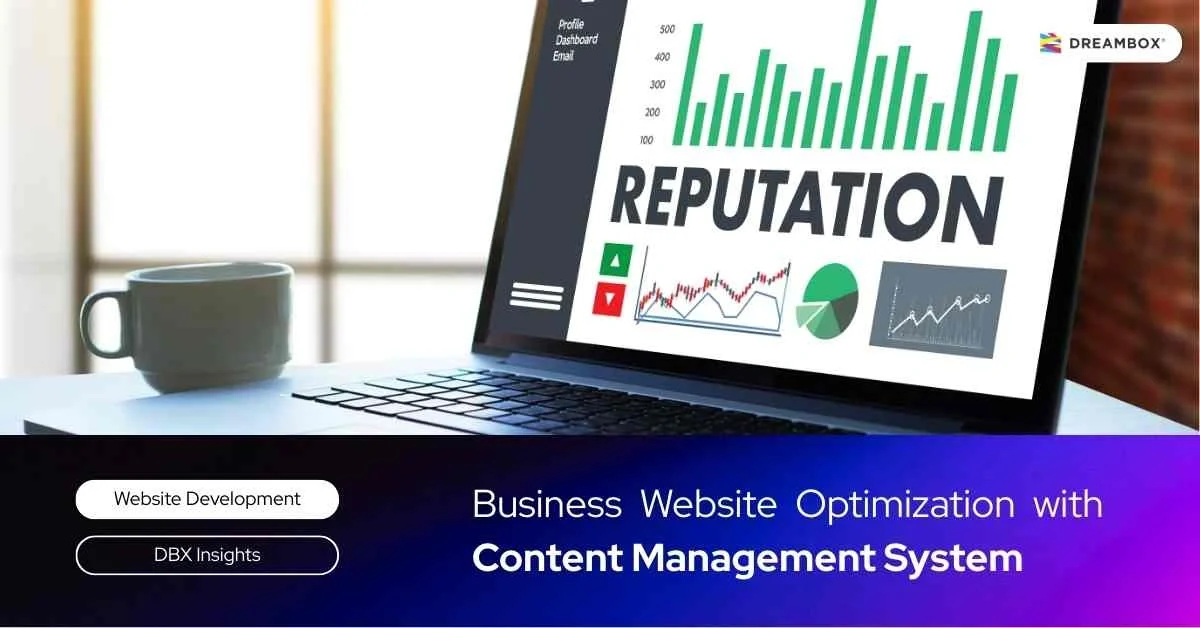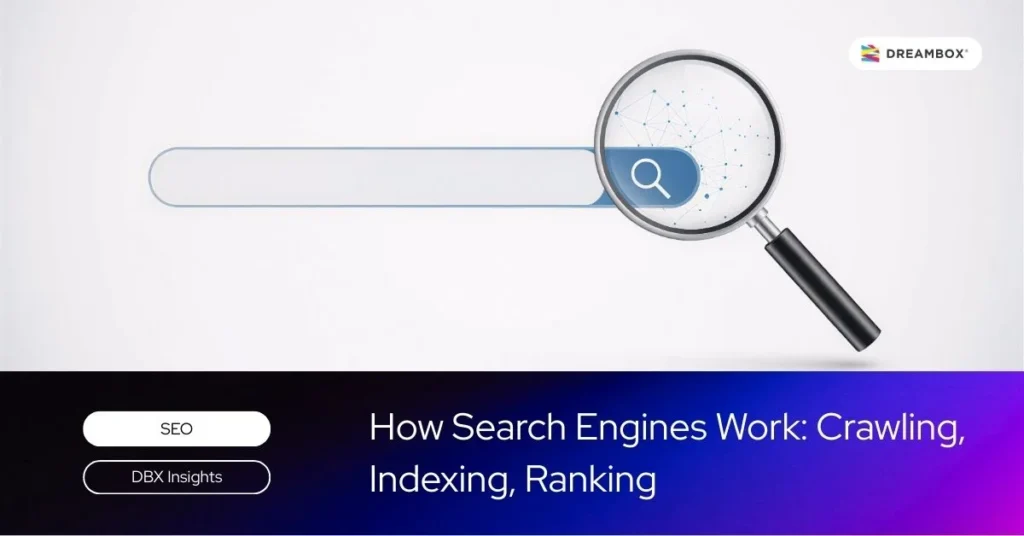A Content Management System (CMS) serves as a crucial foundation for websites. With a CMS, companies can organize digital content efficiently and professionally, without the need to manage code manually.
This article will provide a comprehensive overview of CMS, including its benefits, key features, and how its use can support a company’s digital strategy.
Key Takeaways:
- A Content Management System (CMS) simplifies the creation and management of business websites with features such as content management and dynamic site display.
- Popular CMS platforms like WordPress, Joomla, Drupal, and e-commerce CMS offer advantages that can be tailored to the type of website and feature requirements.
- Dreambox provides migration, revamp, and website development services to ensure optimal performance, security, and SEO.
What is a Content Management System?
A content management system used in creating websites is generally an application or software that can be accessed online.
The software has useful features for designing and managing content on web platforms.
Schedule a free 30-minute branding consultation session with our experts.
Importance of Content Management System for Company Websites
A CMS is a content management tool for websites. You can conveniently manage various content on your company’s website, from photos and videos to landing pages and articles.
In addition, the use of a CMS enables efficient collaboration within the team in content management, which can support the growth of your business.
Static vs Dynamic: Which Website is Better?
When creating a website, there are two types of sites that you can choose.
The first type is a static website. As the name suggests, this system is static in terms of features and appearance, making it more efficient, lightweight, and easy to use.
CMSs tend to be more dynamic, although equally easy to use. The difference lies in their integrated and more interactive interface and features, as well as diverse and more complex multimedia elements.
Content Management Systems Popular in the World
Here are some of the most well-known platforms in the website hosting ecosystem:
1. WordPress
The world’s most popular CMS, easy to use, and easy to integrate with thousands of plugins and themes, including SEO features like Yoast or Rank Math.
2. Joomla
If you’re looking for a platform that’s more flexible than WordPress and less complicated than Drupal, Joomla is the answer. It’s ideal for medium-sized business sites that require more in-depth control.
3. Drupal
The most powerful and secure CMS, suitable for large-scale sites such as government institutions. This platform offers a high level of customization.
4. CMS E-Commerce
Focuses on web systems for online store businesses. Features include a virtual shopping cart, product management, and product sales.
Which Platform Suits Your Needs?
You can consider the following factors when choosing the right CMS for a company’s website:
Website Type Considerations
Decide which CMS to use. Each platform has its own advantages, disadvantages, and uses. Choose one that aligns with your business plan and vision.
Required Features
Examine each platform and the features it offers. Various features can be tailored to your needs, including SEO, multilingual support, e-commerce, and complex content management.
Ease of Use and Technical Support
Among the three platforms discussed, each has advantages and disadvantages in terms of ease of use and technical requirements.
- WordPress is known for being the most user-friendly and suitable for beginner website builders.
- Joomla is more complex for beginners, but still relatively easy to use.
- Compared to the other two platforms, Drupal requires more technical knowledge in coding and web development.
Tips to Optimize Your Website with CMS for SEO
To ensure a CMS-based website appears high in search engines like Google, there are several important factors to consider. SEO optimization focuses not only on content but also on effectively utilizing the CMS’s structure and features.
1. Using SEO Plugins
SEO plugins can simplify technical setup. Popular plugins such as Yoast SEO and Rank Math are very useful for optimizing sitemap creation, meta titles, meta descriptions, and keyword analysis. These plugins are most commonly found on the WordPress platform, but other CMSs also offer similar extensions.
2. SEO-Friendly URL Structure
Using short, clean, and descriptive URLs makes it easier for search engines and users to understand. Nearly all popular CMSs, such as WordPress, Joomla, and Drupal, allow you to customize URLs according to your needs.
3. Content Optimization for Relevant Keywords
Using primary keywords in the title, headings, and meta description naturally produces content that is relevant and interesting to readers.
Relevant and high-quality content is the main factor in SEO ranking, and SEO plugins can help you evaluate on-page optimization quality.
Create an Optimal CMS-Based Website with Dreambox
After understanding the advantages and disadvantages of each platform, you can now determine the best choice according to your business needs.
Dreambox is ready to help, starting from consultation on CMS selection to website migration or revamp. The right CMS will optimize performance, security, and SEO. Learn more about our revamp services by accessing our website here.












